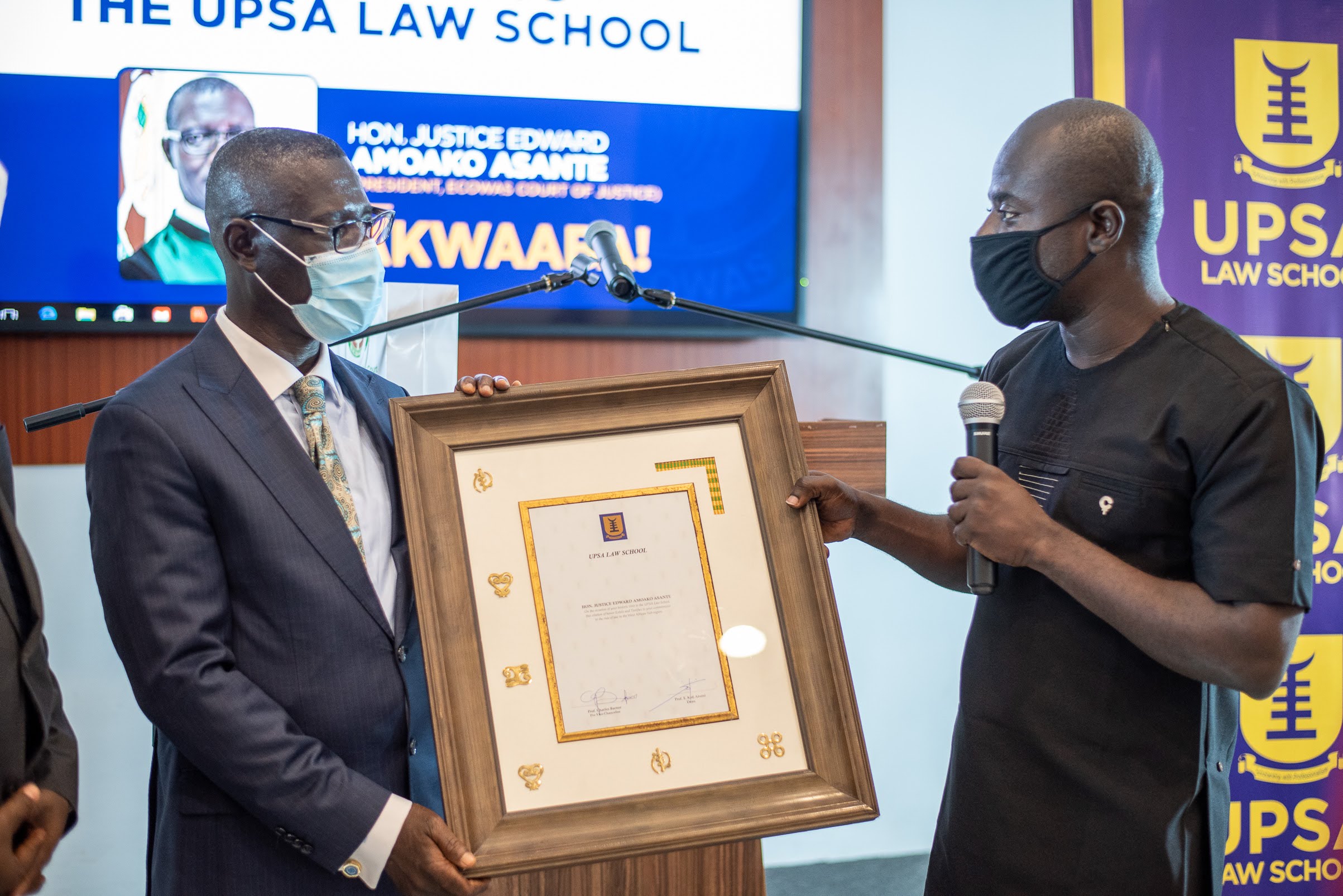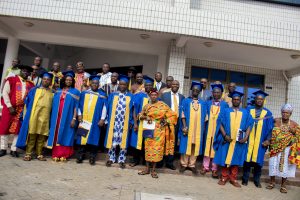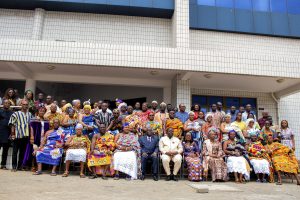The UPSA Law School became the centre of attraction when it hosted the President of the ECOWAS Court of Justice, Justice Edward Amoako Asante, during a working visit to Ghana.
The venerable Ghanaian legal practitioner has been away from the shores of his native country since his elevation to the apex court of the sub-region.
His return home last Wednesday was therefore characterized by some pomp and pageantry.
Interacting with members of faculty and students of the UPSA Law School at a special durbar organised in his honour, Justice Amoako Asante expressed delight over the warm reception given to him.
He also commended the Management of the University for its significant role and contributions to shaping the future of the next generation of lawyers who are steeped in the culture and jurisprudence of the Court.
Justice Asante, in underscoring the purpose of his visit, said although the ECOWAS Court has been in existence since 2001, many citizens of the sub-region are unaware of its existence or mandate.
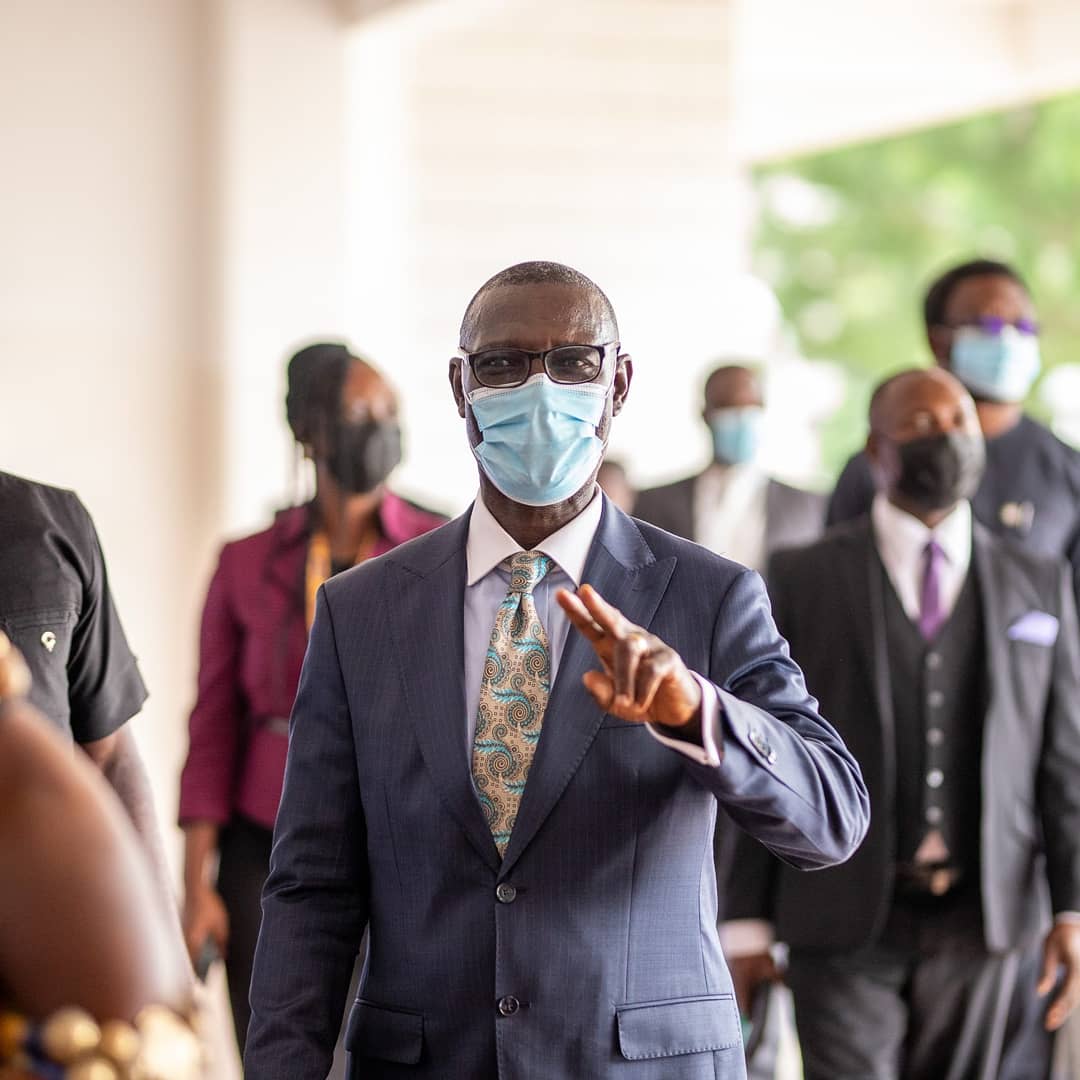
He added that his visit, thus, afforded the opportunity to interface with critical stakeholders within the member States whilst acquainting himself with the activities of thriving legal education institutions like the UPSA Law School.
“Since ECOWAS has transformed from ECOWAS of States to ECOWAS of Peoples, the Member States and Community citizens are the most important stakeholders in ECOWAS and all its Institutions”, Justice Asante said.
“The Court has therefore embarked on this outreach program in order to engage the higher authorities of the Republic and its Institutions and Agencies, the community citizens and all other stakeholders in order to create awareness about the ECOWAS Court of Justice and how to access the Court.”
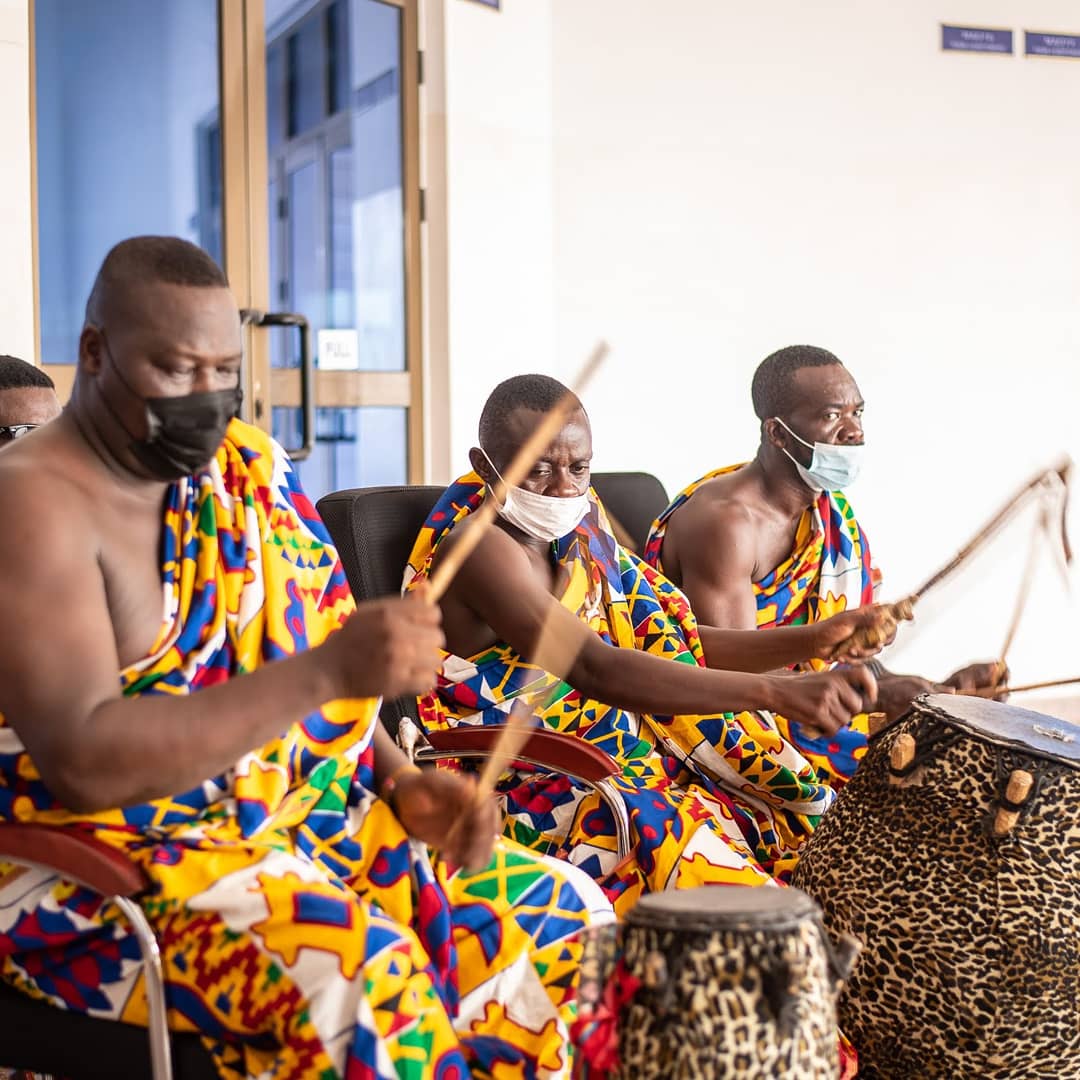
Shedding more light on the jurisdiction, structure, membership, mandate, practices and procedures of the Court, Justice Amoako Asante opined that the transformation of ECOWAS from ECOWAS of States to ECOWAS of the People can only be realized when the community citizens at the grass root are carried along in its integration project.
“As a Community Court, the ECOWAS Court of Justice belongs to the Member States and the Community Citizens,” he explained. “It is therefore imperative for us to carry along all stakeholders in the affairs of the Court and to periodically give account of the discharge of our judicial mandate whilst highlighting our achievement and challenges.”
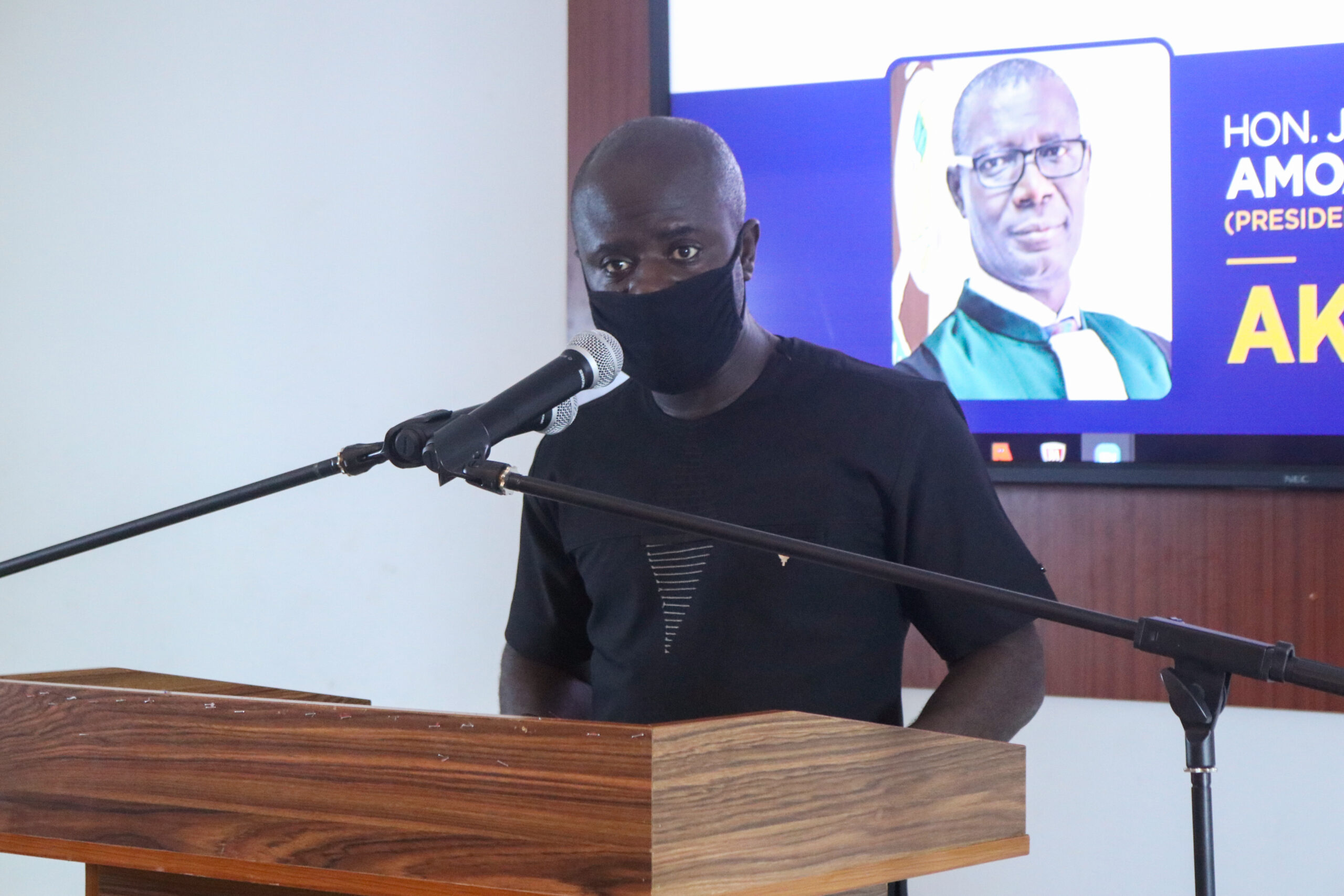
Dean of the UPSA Law School, Professor Ernest Kofi Abotsi in his welcome address, thanked the distinguished envoy for electing to visit the relatively young institution.
He said: “Your visit comes at a pivotal time in the life of the [UPSA Law] school as it seeks to deepen its ties and strategic partnerships with international and sub-state institutions in Africa. It provides a real opportunity for us [at the UPSA Law School] in securing a variety of collaborative ventures with the court and leveraging new tools in advocacy training.”
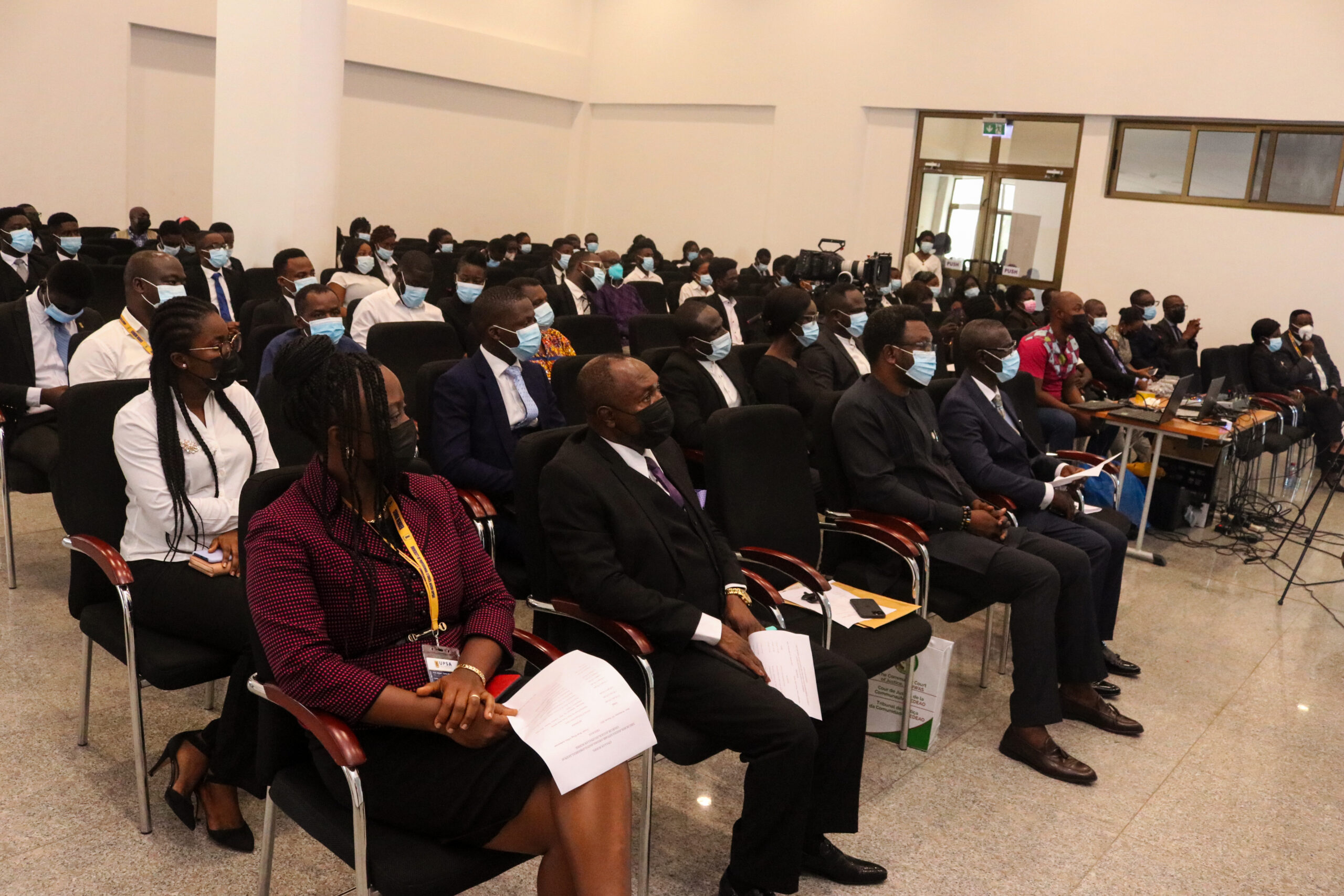
In his closing remarks, the Pro-Vice Chancellor of the University, Professor Charles Barnor, who chaired the occasion, said the historic visit by the President of the ECOWAS Court of Justice is a testament to the confidence reposed in the University’s burgeoning law school.
“You chose to visit us in the midst of many other places to go,” Prof Barnor said. “And for us this represents a testament to the confidence you repose in our relatively young [law] school and the future of our project.”

